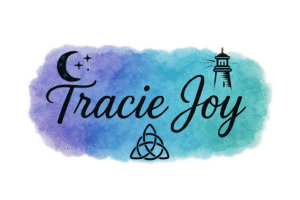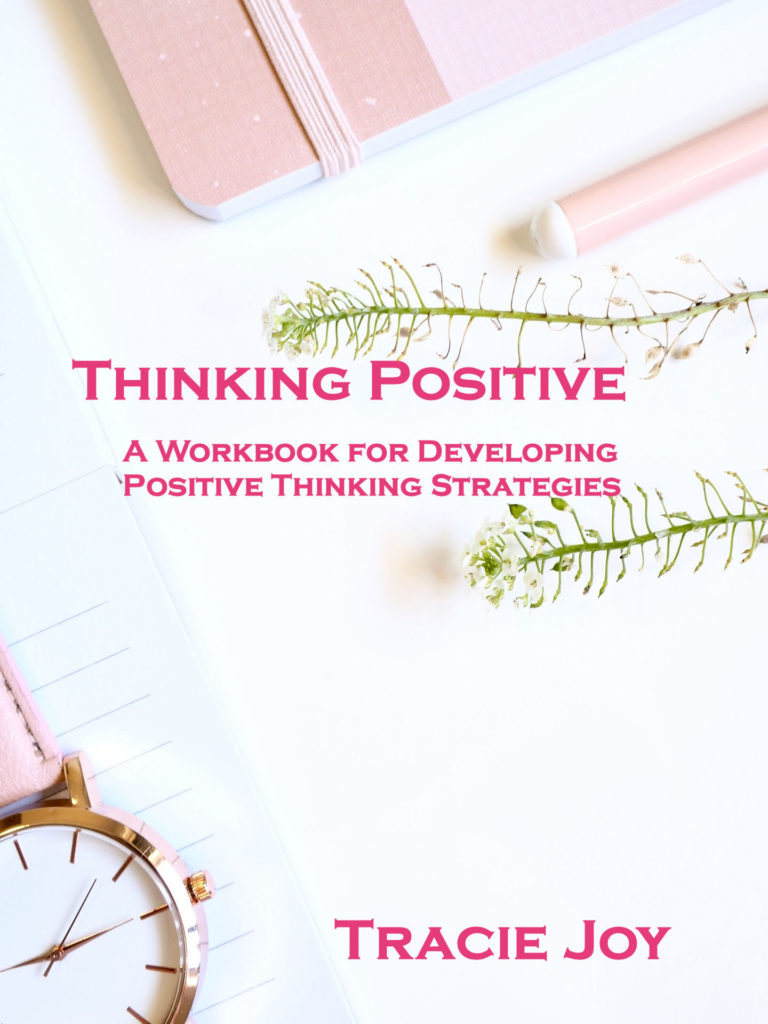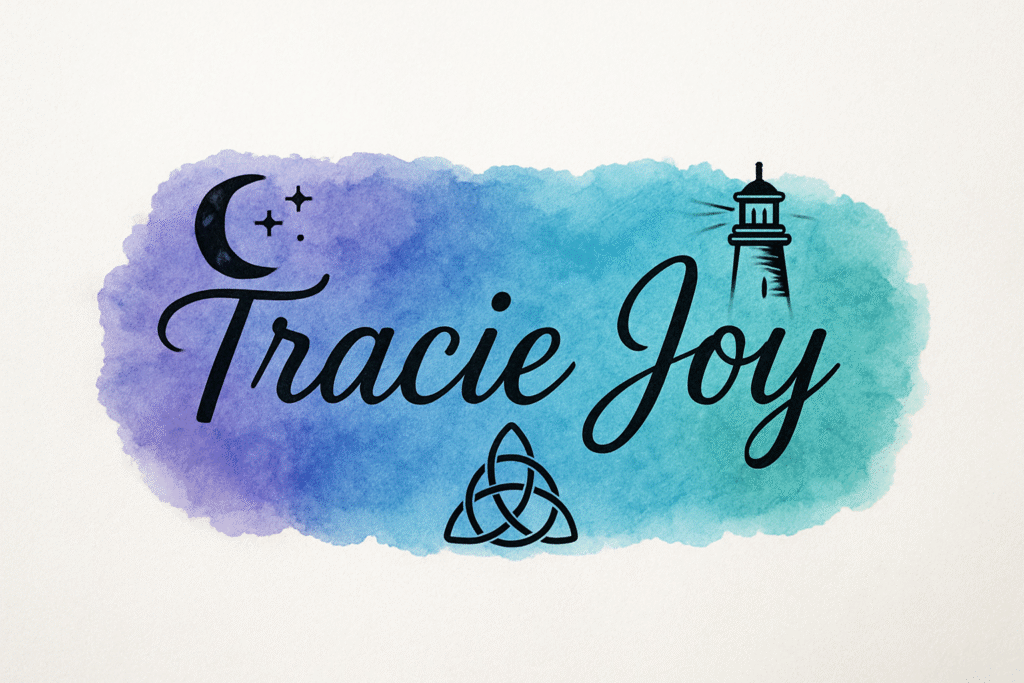The Ultimate Guide to Writing Tips for Beginners (That Don’t Make You Want to Cry Into Your Coffee)
 writing fiction, blogging, or just trying to stop procrastinating with cat memes, you’re going to need some guidance. That’s where writing tips for beginners come in. And don’t worry, this won’t be one of those boring academic lectures. I’ll keep it real, practical, and maybe a little bit funny (because writing should be fun, not torture).
writing fiction, blogging, or just trying to stop procrastinating with cat memes, you’re going to need some guidance. That’s where writing tips for beginners come in. And don’t worry, this won’t be one of those boring academic lectures. I’ll keep it real, practical, and maybe a little bit funny (because writing should be fun, not torture).
Why Writing Feels Like Wrestling a Bear (But With Less Claw Marks)
Writing looks easy. You sit down, open your laptop, and words magically flow from your brain to the page. Except, in reality, it often feels like your brain went on strike and left you staring at a blinking cursor of doom. Beginners especially fall into the trap of thinking they’re “not good enough.” Spoiler alert: everyone feels like that, even seasoned authors. The trick is learning strategies that make writing less intimidating and more enjoyable.
That’s why this post is packed with writing tips for beginners that will help you build confidence, silence your inner critic, and actually finish that short story, blog post, or novel idea you’ve been hiding in your Notes app.
Writing Tip #1: Embrace the Ugly First Draft
Repeat after me: “My first draft will be trash, and that’s okay.” Think of it like baking cookies. The dough looks like a lumpy disaster, but once it’s baked, people fight over the last one. The same goes for writing, you have to get the messy  stuff out before you can polish it.
stuff out before you can polish it.
If you wait until the words come out perfect, you’ll never write anything. So let your first draft be gloriously, unapologetically bad. Later, you can revise and make it shine.
Writing Tip #2: Read Like a Writer
Writers are readers first. And I don’t mean just reading for fun (though bingeing an entire fantasy series in three days absolutely counts). I mean reading with an eye for craft. Notice how your favorite author sets up dialogue. Pay attention to pacing. Observe how characters grow. The more you read, the more your brain absorbs patterns that you can use in your own writing.
Not sure where to start? Check out my review of
Christine Pope’s Killing Time for an example of how analyzing books can improve your own work.
Writing Tip #3: Find Your Writing Routine (Even If It’s Weird)
Some writers swear by waking up at 5 a.m. with a green smoothie and journaling for two hours. Others (hi, that’s me) thrive on caffeine, procrastination, and panic. The truth is, there’s no “right” routine. The best routine is the one you’ll actually stick to.
- Night owl? Write at midnight.
- Busy parent? Squeeze in ten minutes while the kids are distracted by Paw Patrol.
- Chronic procrastinator? Try a timer like the Pomodoro Technique.
Consistency is key. Even small writing sessions add up.
Writing Tip #4: Kill Your Inner Perfectionist
You know that voice that whispers, “This sentence is terrible, you’re a fraud, quit now”? Yeah, that voice is lying. Perfectionism is the enemy of progress. Writing isn’t about being flawless—it’s about communicating ideas and stories. Remember: nobody sees the bad drafts except you (and maybe your cat, who is silently judging you anyway).
If you need a pep talk, check out my post on
Showing vs. Telling in Writing. It’ll remind you that clarity matters more than perfection.
Writing Tip #5: Develop Thick Skin (Feedback Is Your Friend)
Getting feedback on your writing can feel like handing someone your diary and asking them to roast you. But constructive criticism is how you grow. Find beta readers, join a writing group, or even take a workshop. Just remember: feedback is about the work, not you as a person.
And if someone tells you to give up writing altogether? Politely ignore them, eat a cookie, and keep going.
Writing Tip #6: Learn the Basics of Craft (Without Overwhelming Yourself)
Yes, you need to know grammar. Yes, you should understand plot structure. But no, you don’t need a PhD in English  Literature to start writing. Stick to the essentials:
Literature to start writing. Stick to the essentials:
- Clear sentences
- Engaging characters
- A beginning, middle, and end
Want a deeper dive? External resources like the
Grammarly Blog can help polish your writing while keeping it beginner-friendly.
Writing Tip #7: Write What You Love (Not Just What’s “Popular”)
If you hate romance novels but force yourself to write one because you think they sell better, you’re setting yourself up for misery. Write the stories that excite you. Passion shows through on the page, and readers can tell when you’re having fun.
Plus, writing what you love keeps you motivated when the process feels like slogging through molasses.
Writing Tip #8: Don’t Compare Your Chapter One to Someone Else’s Chapter Twenty
Comparison is the fastest way to kill creativity. You might look at a bestselling author and think, “I’ll never be that good.” But remember, you’re seeing their polished, edited, final draft—not the blood, sweat, and tears it took to get there. Focus on your journey. Everyone starts somewhere.
Writing Tip #9: Build a Toolbox of Resources
Think of writing like carpentry. You need tools. Here are a few essentials for beginners:
- A notebook (yes, even if you mostly type—it’s magical for brainstorming)
- A solid grammar checker
- Writing communities (online forums, local groups, or even Discord servers)
- Guides and blogs (like the ones right here on
TracieJoy.com).
Final Thoughts: Just Write Already
At the end of the day, the best of all writing tips for beginners is simple: write. Not someday, not “when inspiration strikes,” but today. Write a paragraph. Write a scene. Write a bad haiku about tacos. The more you practice, the better you’ll get.
So grab your coffee (or tea, or energy drink that tastes like regret) and start writing. Because the world doesn’t need perfect words—it needs your words.
Want to keep these tips handy? I’ve created a free, beautifully designed PDF just for you! 🎉
It’s packed with all nine writing tips for beginners in an easy-to-read, shareable format.
Perfect for printing, saving on your desktop, or keeping nearby for when that blinking cursor tries to scare you away.
Grab your copy here:
Download Writing Tips for Beginners (Free PDF)
.



